Whether you’re looking for a new heating solution for your current home or for a new-build property, an underfloor heating system is a popular way to bring energy-saving warmth to all kinds of projects. In this guide, we’ll explore 10 FAQs to help you decide which type of system is the best choice for you. You’ll learn more about:
- Whether a water or electric floor heating system is better for renovation projects
- How floor finishes impact the suitability of specific heating systems
- The compatibility of UFH with different heat sources
- The costs and cost-savings of an underfloor heating system
- How the installation times of electric and water floor heating may differ
1. Are you building a new house or renovating your home?
Underfloor heating systems can be split into two distinct types: water or electric. Warmup offers systems suitable for both new-build and renovation projects.
For home renovation projects, our range of electric floor heaters are a great idea as they can be easily retrofitted with your existing or new floor finish and their slimline design means they won’t impact floor heights. If you’re building your home from the ground up, a water floor heating system (also known as a wet or hydronic system) may be preferable. Water systems can be installed as part of the building’s construction but will typically require more space than an electric heater. Interested in installing a water system as part of a home refurbishment project? Our VLo line of low-profile heating systems have been specifically designed for such applications.
Discover more about the differences between electric and water floor heating in our expert article.
2. How many rooms do you want to heat with underfloor heating?
Underfloor heating is suitable for every room in your home. If you require a system for just one room in your property — such as a bathroom or kitchen — then one of our electric heaters may be the best choice. These systems operate well as a secondary heating solution, meaning you can use them alongside your home’s primary heating system. If you’re considering floor heating for multiple rooms or your whole house, then a water underfloor heating system is a smart idea. Water systems provide a low-carbon heating solution for larger projects and with this you can expect low long-term running costs too. You could also consider a hybrid heating system of a mix of water and electric systems; using a wet system to heat the main areas of your home and electric heaters to bring warmth to your bathrooms and en-suites.
Warmup systems also provide a ‘zoned’ heating solution, meaning you can heat separate areas of your home independently from each other through the use of a zone-dedicated thermostat – offering truly bespoke warmth.
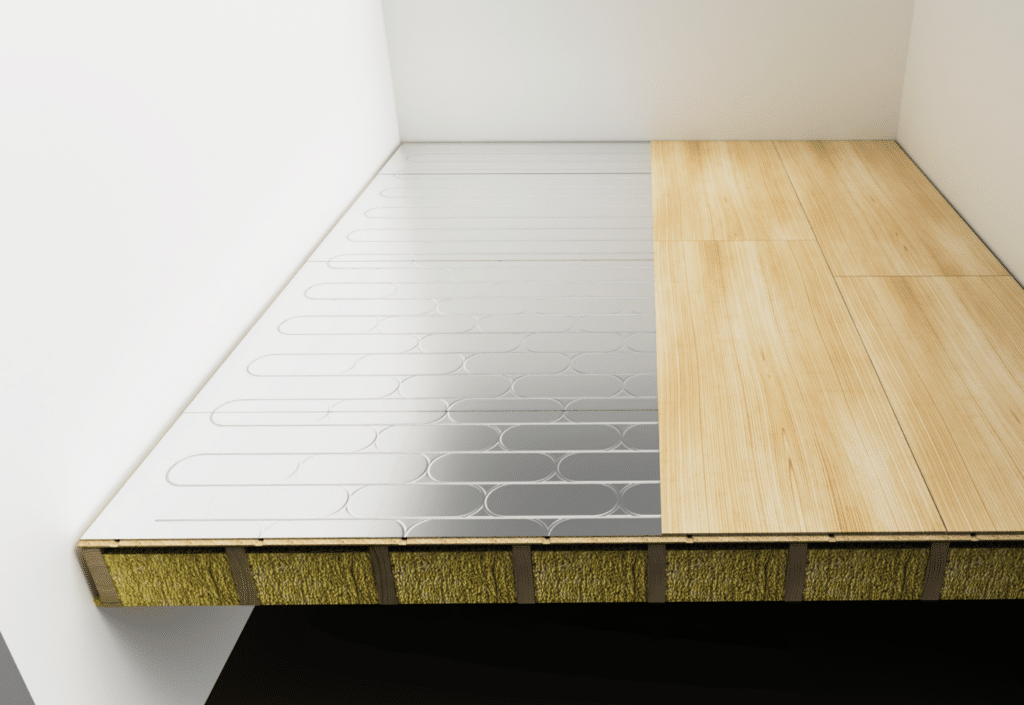
3. What is the floor finish and subfloor type of the room?
Warmup offer systems suitable for use with almost every floor covering and all common subfloor types.
Stone and tiled floors are ideal for heating with UFH as these floor finishes conduct heat very well. The DCM-PRO Heated Decoupling System is a perfect electric heater to use with tiled floors as its innovative design features an anti-fracture membrane which can help protect tiles from cracking due to lateral subfloor movements. If you’re looking for an electric heater to use with carpets, then our Foil Heater would be a more suitable option.
Water systems can be split into two kinds: those that require the system’s heating pipes to be installed within a layer of concrete screed and those that can be installed ‘dry’ with no need for screeding (typically through use of innovative UFH panels that are fitted above the subfloor). Most water systems can be used with all floor coverings and subfloors. Looking for a water system to use with timber joisted or battened floors in period home refurbishments? The VLo Econna-12 Joisted Floor System is a ‘dry’ fitted system that has been designed to be used with these floor types.
4. How big is the space in which you are installing a UFH system?
Water systems are perfect for larger spaces such as open-plan living rooms, new home extensions or whole new-build residencies.
Looking for a new heating solution for a smaller room? Then one of our electric systems are a great idea. The StickyMat System is ideal for use in regular-shaped areas and is available in a wide array of sizes.
5. How high are the ceilings in the space?
Taking into account the ceiling heights of the space is important when considering underfloor heating. A fixed ceiling means any increase in floor levels may impact on the spaciousness of your home whilst affecting existing door and window levels. Whilst electric UFH has little-to-no impact on floor levels, some water systems must be installed within a layer of screed so, in the case of a new-build project, you should include the dimensions of this in your designs and set the building’s ceiling heights accordingly. The VLo Ultra-12 Low Build System is popular water system for both new-build projects and home renovations as its slim construction of just 18mm won’t have a significant impact on rooms with fixed ceiling heights.
Wondering whether underfloor heating will raise your floor? Read our article to discover everything you need to know.
6. Is the space well insulated?
Underfloor heating works best in well insulated spaces and we recommend installing high-quality insulation with your selected system. Floor insulation increases the energy-efficiency of underfloor heating and dramatically improves the responsiveness of the system, facilitating faster heat-up times. Insulation also helps combat a building’s heat loss and is important in ensuring that the heat produced by your selected system will stay inside the room whilst producing enough warmth to combat your home’s potential heat loss. Find out more about reducing heat loss in your home.
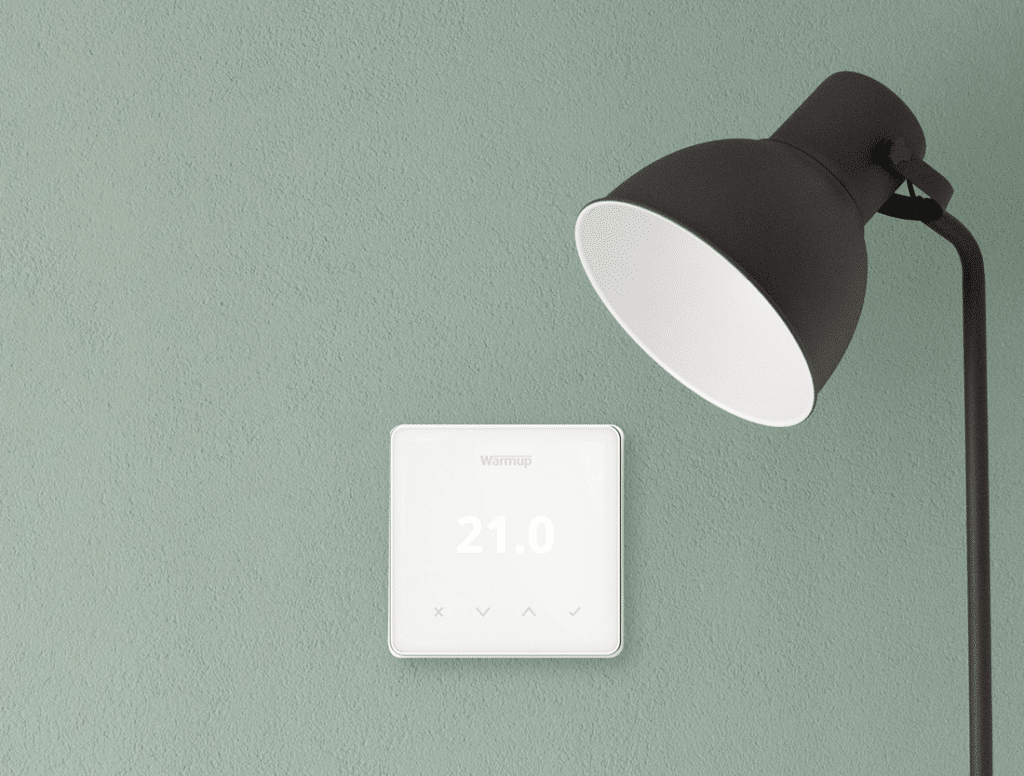
7. What kind of heat source are you using?
Our water underfloor heating systems can be used with a variety of heat sources such as a traditional gas-powered boiler or more sustainable options such as air or ground-source heat pumps and biomass boilers, which facilitate a low-carbon heating method for your home with a lessened impact on our environment. Learn more about the many benefits of using UFH with heat pumps in our in-depth guide.
As electric floor heaters are connected to your property’s mains electricity source, they can be powered through the national grid but did you know you may also be able to power your selected electric system through solar power? This could mean you could heat your home through 100% self-produced, direct electric energy; offering a carbon-free heating solution with little-to-no running costs. Read our expert article to learn more about the compatibility of UFH and solar PV systems.
8. What is the timeline of your project?
Electric underfloor heating offers rapid installation times, so if you’re looking for a system that can be up-and-running quickly with little preparation, then an electric heater is perfect for you. Some of our systems can be installed within a room in under a day.
Water systems will take longer to install and if you’re specifying a system that requires the use of screeding, you will also need to factor in the time needed for this to cure too (typically this will be a few days or more).
9. What is your budget for the project?
Warmup’s range of floor heating systems are competitively priced and can help reduce the costs of your energy bills.
Electric underfloor heaters offer great value-for-money with whole systems available to purchase for under £400 including accompanying insulation and heating controls. Their quick installation times will also reduce the cost of installation. Water floor heating costs more to purchase and install than electric systems but they offer even lower long-term running costs. Use our easy-to-use online quote tool to find out exactly how much a Warmup system will cost to buy for your home.
10. Do you have a UFH installer to work with?
Choosing a builder or contractor who has experience fitting floor heating systems is important and Warmup may be able to recommend an installer who works in your area from our Warmup Pro network of installers. Get in touch with us if you want to discuss getting your new heating system fitted. All Warmup products feature market-leading warranties and installation guarantees so even if something goes wrong during an installation, we should be able to replace your system with no hassle.
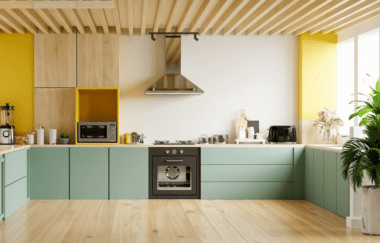
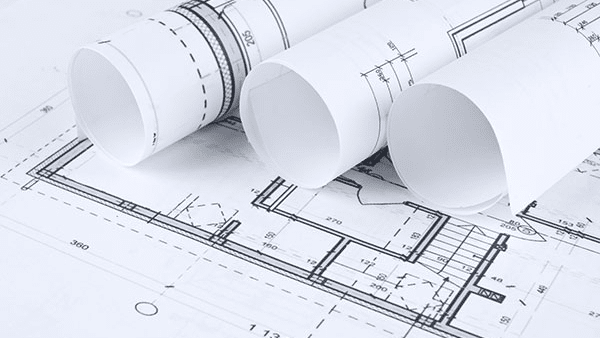

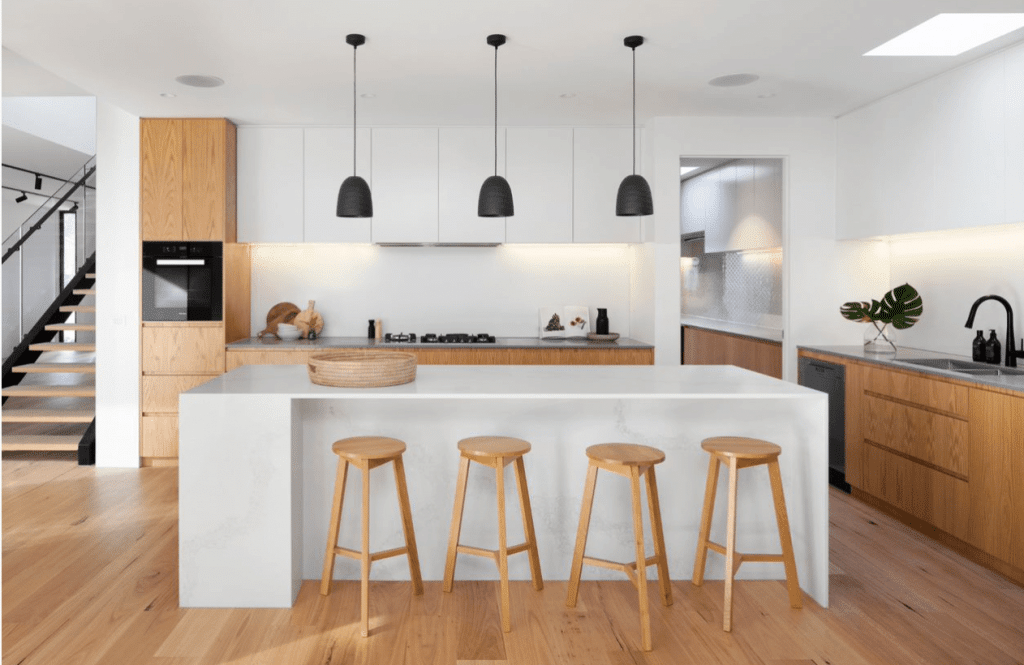
![Thumbnail [200x250]](/wp-content/uploads/Electric-Category-Page-Image.jpg)
![Thumbnail [200x250]](/wp-content/uploads/Hydronic-Category-Page-Image-1.jpg)
![Thumbnail [200x250]](/wp-content/uploads/6iE-Projects.jpg)